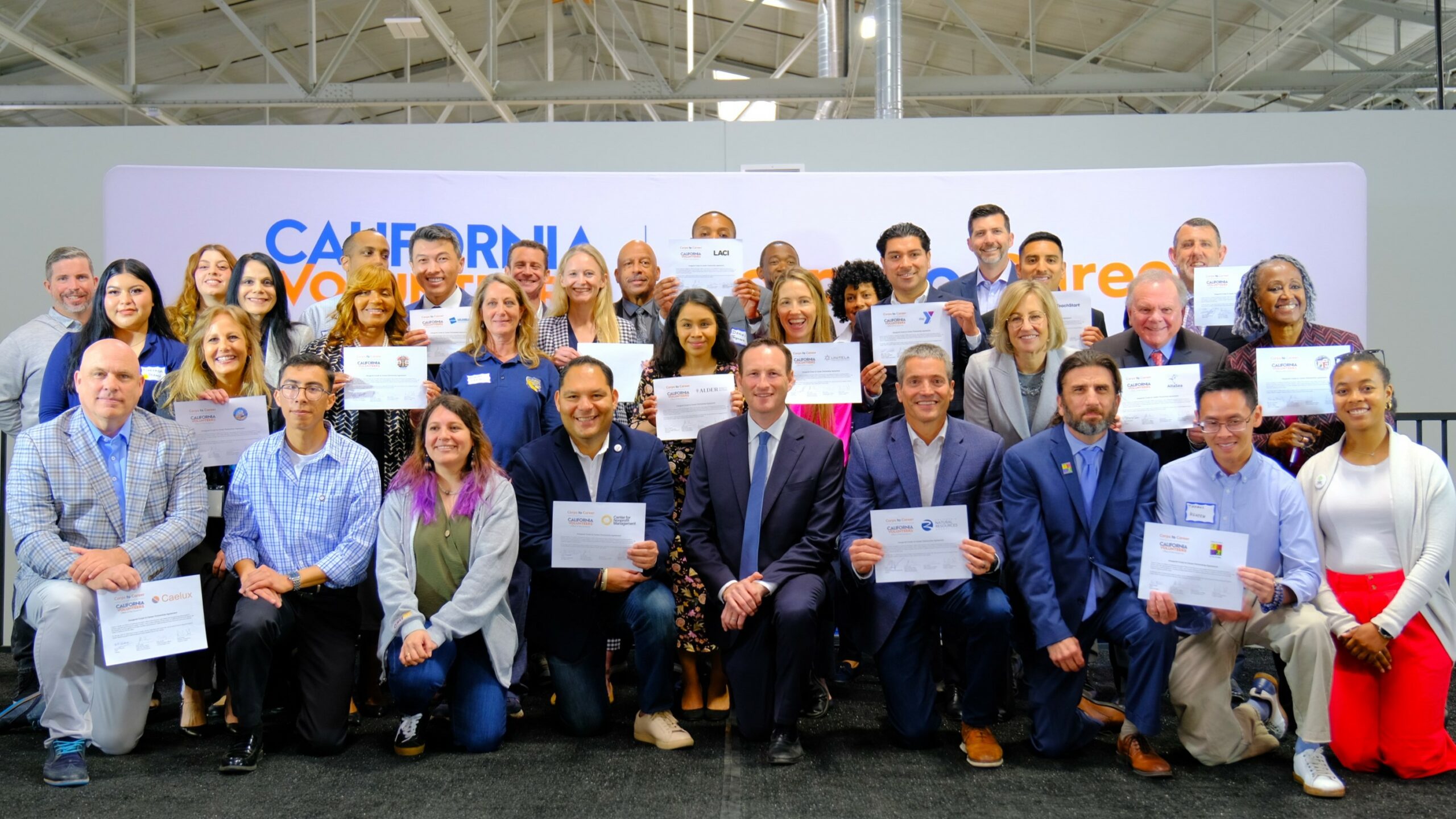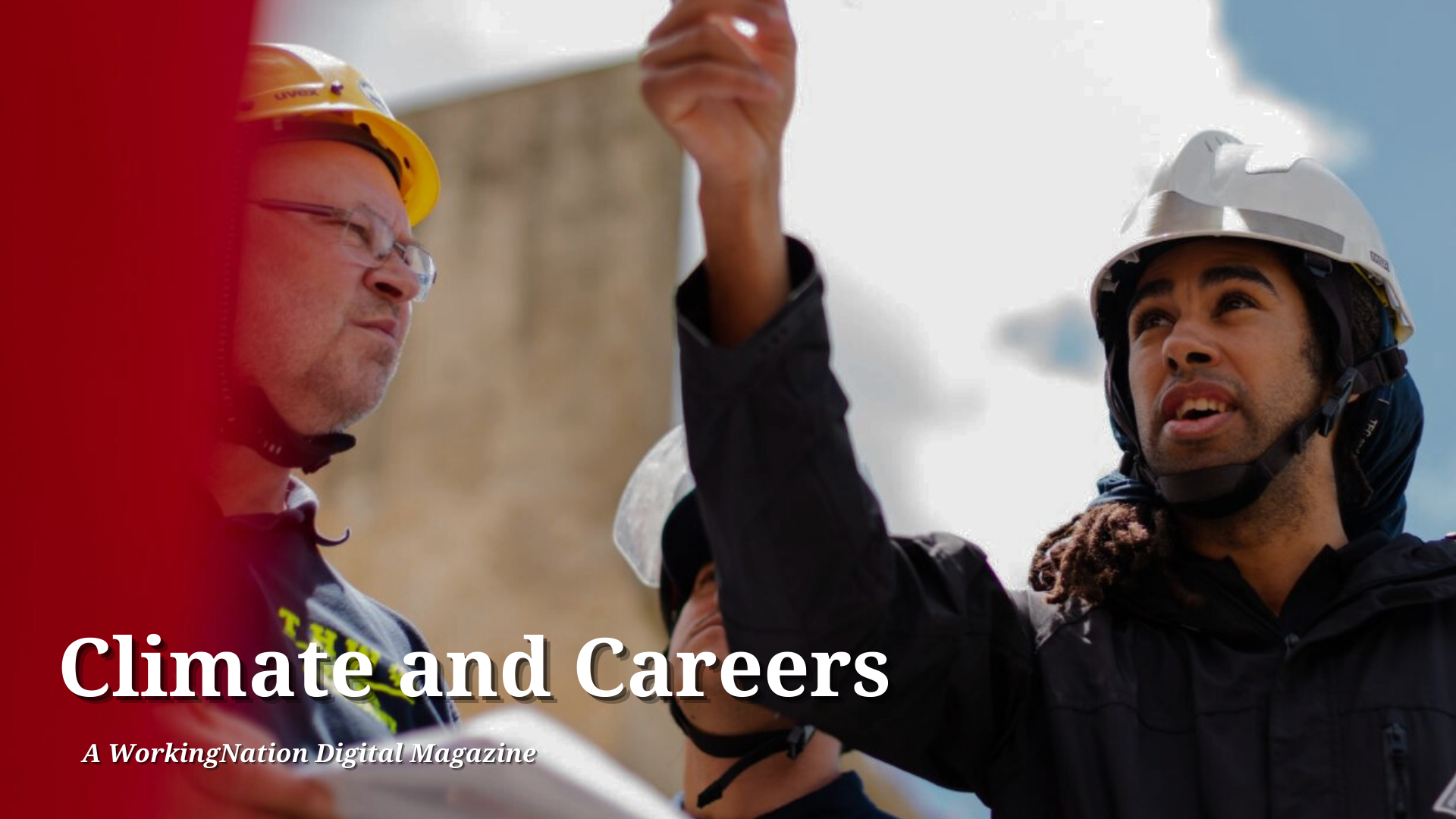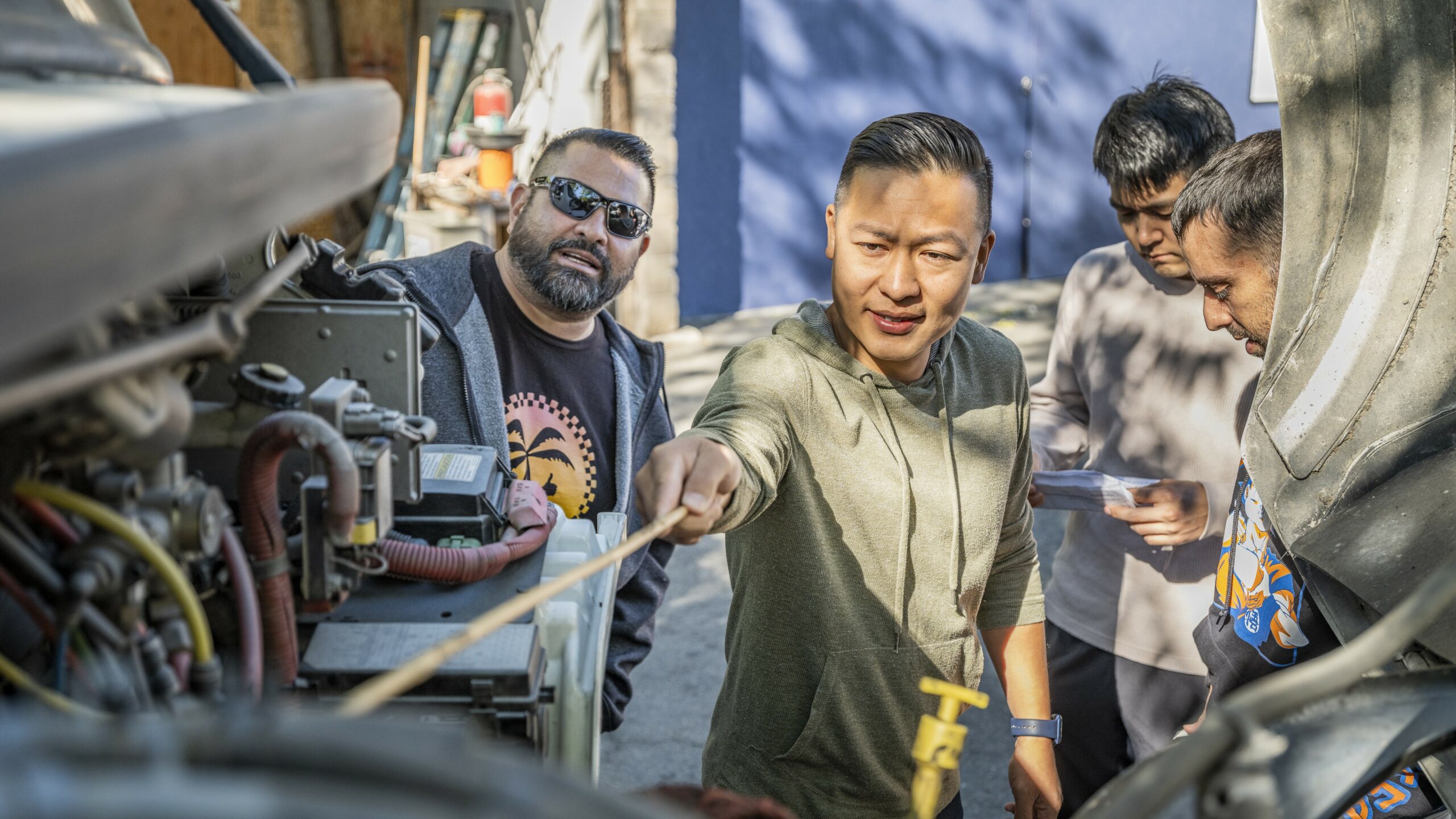When active duty members are preparing to separate from the military, how do they articulate to employers the skills they’ve learned while serving? And if they are lacking a skill, where do they turn to get that credential? These issues are particularly critical as the country continues to deal with the changing employment landscape resulting from COVID-19.
To help veterans navigate the return to the civilian workforce, WorkingNation gathered business and education leaders to discuss workforce challenges and some solutions. The result is The Table: Veterans and Work, a roundtable conversation moderated by journalist and CNBC contributor Ron Insana, and taped before a live audience at Howard University in Washington, D.C. in November 2019.
In this second of four episodes, we examine the issue of translating military skills into the civilian workforce.
Employers Should Take Skills into Account
Brandon Busteed, president, University Partners & Global Head, Learn-Work Innovation at Kaplan, said there are opportunities for those without a college degree. He said, “There are a lot of nonprofit, for-profit, and even universities getting into the credentialing space.”
Patrick McKenna is the founder of HighRidge Ventures and an Army veteran. He said there are jobs for people who come from non-traditional backgrounds. “There’s a trend—particularly in tech hiring—that is positive and that is the use of skills-based interviewing.”
“HR needs to be able to recognize the skills-adjacent angle,” said Fernando Snowden-Lorence, VP of Corporate Responsibility, JPMorgan Chase and a Marine veteran.
Employers Should Post Better Job Descriptions
The panelists agreed that employers need to be better at describing the jobs for which they’re hiring. James Banks, General Counsel, Society of Human Resource Management (SHRM), is an Army veteran. He said, “Does the job description really fit what the job does and what you need it to do?”
“Our job descriptions need to be military-friendly,” said Carol Eggert, SVP of Military and Veteran Affairs, Comcast NBCUniversal, and an Army Brigadier General (Ret.) Eggert said small-to medium size companies need help to become more attuned to veteran hiring.
Busteed added that a liberal arts degree is still valued by employers, as it comes with skills in critical thinking and communication. But he also noted a hard skillset—like a cybersecurity designation—is sought after by employers. Busteed said, “With that in mind, a military veteran with a liberal arts degree is a homerun.”
Also among the panelists was Stuart Ruffin, Director of Operations, North Carolina for Military Employment (NC4ME).
You can watch all four episodes, and see all our Veterans and Work stories here on WorkingNation.com.
The Table: Veterans and Work was made possible by the generous financial support of JPMorgan Chase, Comcast NBCUniversal, and the Clint Eastwood Family Foundation.










